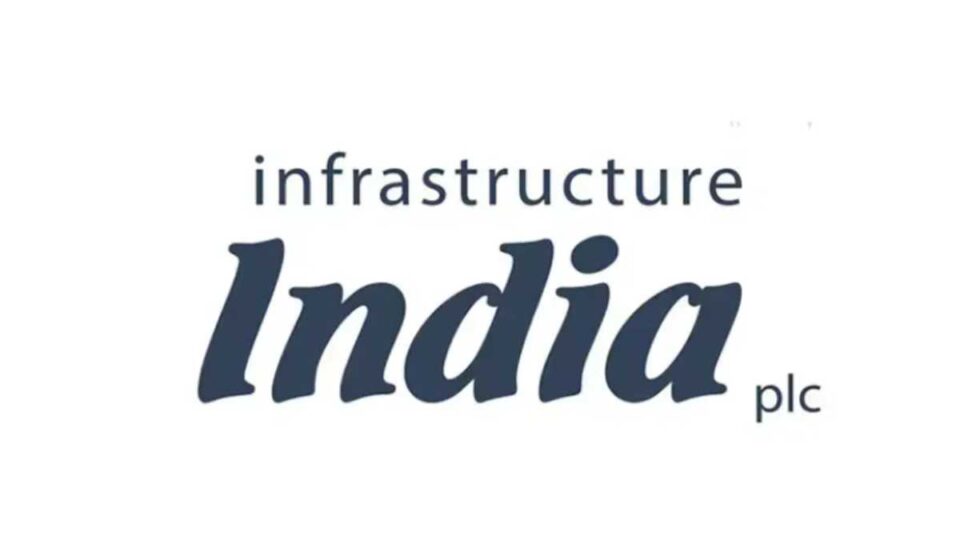Ramachandran, the sole independent director of Infrastructure India, has resigned following a contentious shareholder vote to remove him from his position. He cited his inability to fulfill the necessary duties alone as the primary reason for his departure. This move has raised significant concerns about the governance structure and future strategic direction of the company. Ramachandran’s resignation highlights the challenges faced by Infrastructure India in maintaining effective oversight and independent decision-making within its board.
The shareholder vote that led to Ramachandran’s removal indicates underlying tensions within the company’s governance framework. Shareholders have expressed dissatisfaction with the current state of affairs, prompting a call for change. Ramachandran’s resignation underscores the difficulties faced by independent directors in navigating complex corporate environments, especially when they lack adequate support from other board members. This development raises critical questions about the effectiveness of corporate governance at Infrastructure India, particularly in ensuring accountability and transparency.
Ramachandran’s departure could have far-reaching implications for Infrastructure India’s strategic direction. As the only independent director, his role was crucial in providing unbiased oversight and ensuring that the interests of all shareholders were represented. His resignation may lead to a governance vacuum, potentially affecting the company’s decision-making processes. Investors and stakeholders are now closely monitoring the situation, seeking assurances that the company will address these governance issues and restore confidence in its leadership.
The company must now navigate the challenges posed by this resignation and demonstrate its commitment to strong governance practices. This includes possibly appointing new independent directors to fill the void left by Ramachandran and implementing measures to strengthen the board’s oversight capabilities. The future strategic direction of Infrastructure India will heavily depend on how effectively the company addresses these governance concerns and re-establishes a robust framework for independent decision-making and shareholder representation.


